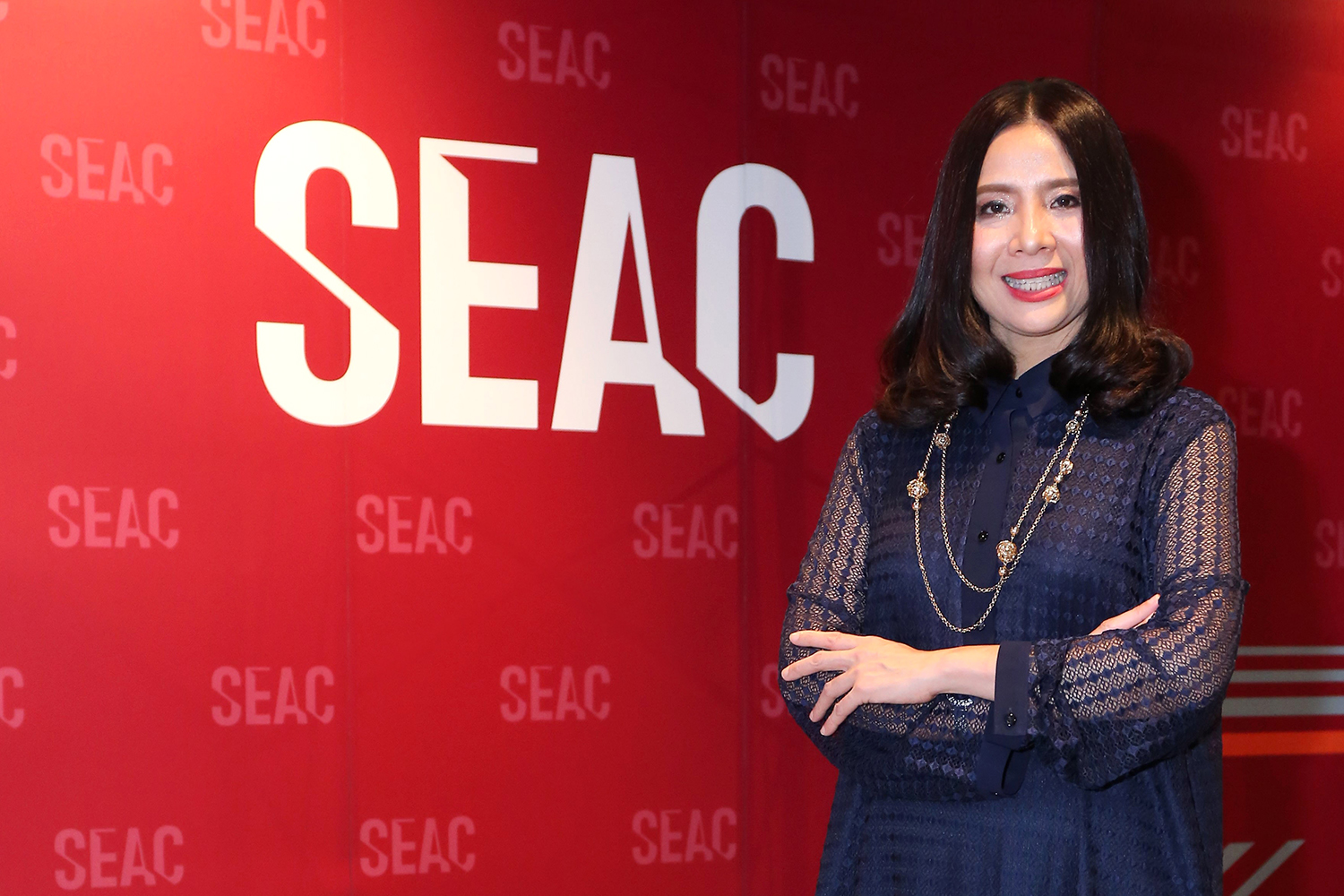
In recent months, we have faced the negative effects of Covid-19. While we talk about finding opportunities in those challenges, it isn’t black and white in our world. Not every individual and business is lucky enough to find the opportunities to rise above the crisis amid this chaos.
The reality is that although we can find opportunity in all the challenges we face — be it as an individual or as someone handling a team or business — we are still likely to experience negative impacts on us and our businesses or careers that we may not know how to handle just yet.
Many organisations have not been able to handle the effects of Covid-19 and it was enough to force some to close temporarily or even permanently. When businesses suffer such a fate, so do individuals as they face major salary cuts and even unemployment. The business landscape slowly crumbles and our economy fails.
No one has the immediate answers or a quick fix to this crisis we’re facing. We are in a situation where we need to face the harsh reality and work through the situation to the best of our capabilities. But how do we get back up when the future seems so dim? We can step back by following these tips.
First, assess your own mindset and how you feel toward the situation. Emotions are something we try to separate completely from work and business, but the reality of our lives as humans is that we feel things regardless of where we are.
It is important to assess our current state of mind as well as the emotions we’re feeling. This helps us to understand the situation better in terms of what’s making us feel the way we feel. Losing a business or our jobs can create strong negative emotions so it is necessary to assess them.
Once we’ve understood the emotion side of the situation, the second thing we must do is evaluate the situation based on facts alone. We may ask questions such as what our business and job status is currently, and what are the numbers that support this.
Emotion is the people side of the business. Facts and logic are equally important for a couple of reasons. One, they help us understand the situation properly without letting our emotion distort it. Two, they support the objective direction and actions we may need to take next.
Third, shift your focus toward the current needs of the market. If the business is failing or we have lost our jobs, it is time to take a hard look at the current needs of the market. What are the current lifestyles and consumption behaviours of people during this time? How can I contribute to solving their problems?
These questions can also help you understand what you or your business may be lacking in terms of learning and skills. For example, if I own a flower shop, how am I reaching my audience, who now prefer quick and efficient delivery services? These questions can be answered only when you’re able to reach out to people.
Fourth, evaluate your business or career path. Depending on your situation and the market landscape, ask yourself what potential opportunities you might pursue. You may discover that your career could make a switch to match the changing times, or your business could use a revamp of its business model.
Additionally, this could be a new opportunity to try something you’ve always wanted to do in your business or career. The possibilities are endless and even if finances are constrained, we can find opportunities in the things we learn and the people we talk to.
Finally, create an action plan. Based on what you’ve learned about the current business landscape and potential paths you could take with your business or career, plan out some quick next steps. A great technique is to understand the gap between today and your goals. Do you need to learn new skills? Do you need to develop a different way of working?
All in all, the health crisis we have faced during the Covid-19 era and what we will face post-pandemic will not be the only challenges we will face. In the future, we will continue to face crises and change that can affect us both positively and negatively. We must prepare ourselves to face new challenges and rise again should we fall.
Arinya Talerngsri is Chief Capability Officer and Managing Director at SEAC - Southeast Asia’s Lifelong Learning Center. She can be reached by email at arinya_t@seasiacenter.com or https://www.linkedin.com/in/arinya-talerngsri-53b81aa. Explore and experience our lifelong learning ecosystem today at https://www.yournextu.com
